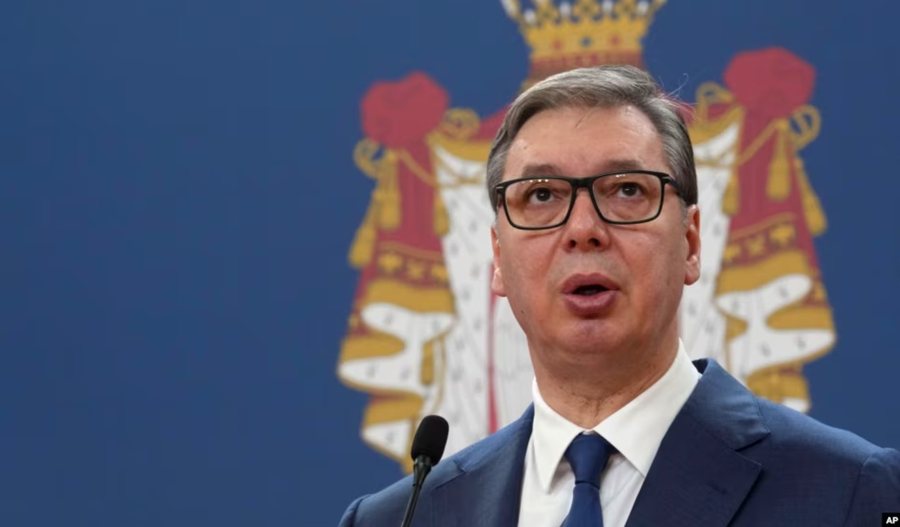
Serbian President Aleksandar Vučić said on Tuesday that he will immediately begin consultations with political parties to discuss whether a new government will be formed within 30 days - as required by law - or whether new elections will be announced, following the resignation of Miloš Vučević from the position of the country's prime minister.
"I am open to both options. We could have elections in 75 days, April is the most likely. There will be no interim government," he said, adding that the authorities' main task now is to maintain stability.
"As the president of the state, I must propose the candidate for prime minister who I am convinced has a majority in the Assembly. I will begin consultations. I had three or four names in mind, but I am not sure that we will not go to the elections. Only in 10 days, when I tell you whether we will go to the elections, or whether we will elect a new Government, will I be able to talk about the candidate for prime minister."
The Serbian president said he had a hard time accepting Vučević's resignation. "He was doing his job well," Vučić said in an address to the nation.
Miloš Vučević resigned earlier on Tuesday, amid a wave of protests over the incident in Novi Sad in November last year, where 15 people were killed as a result of the collapse of a large concrete slab.
The mayor of Novi Sad, Milan Djuric, has also resigned.
For more than two months in Serbia, thousands of students and other citizens have been demanding criminal and political accountability for the tragedy that occurred in the Serbian city.
Even after Vučević's decision to resign, student representatives in Serbia have said that their demands have not been met and have warned of new protests.
Vučić, on the other hand, has reiterated that all of the students' demands have been met.
According to him, the protests and blockades have caused great damage to Serbia's economy and investment sector, and just like Vučević, he has claimed that the organization was done according to "orders from abroad", but without mentioning anyone specifically.
On the night of January 27-28, the protesters were joined by farmers who blocked the main roads of the Serbian capital, Belgrade, with their tractors. Over time, the anger over the deaths in Novi Sad has broadened to include other demands.
The protesters have said they are not interested in politics and do not see the resignations as the main problem. They insist that Serbian institutions work properly.
"We would like to live in a country where every institution can do its job independently, without corruption or external pressure," said university student Jana Llomić in an interview with Radio Free Europe.
The student movement has no leaders. They make decisions by majority vote./REL (A2 Televizion)











